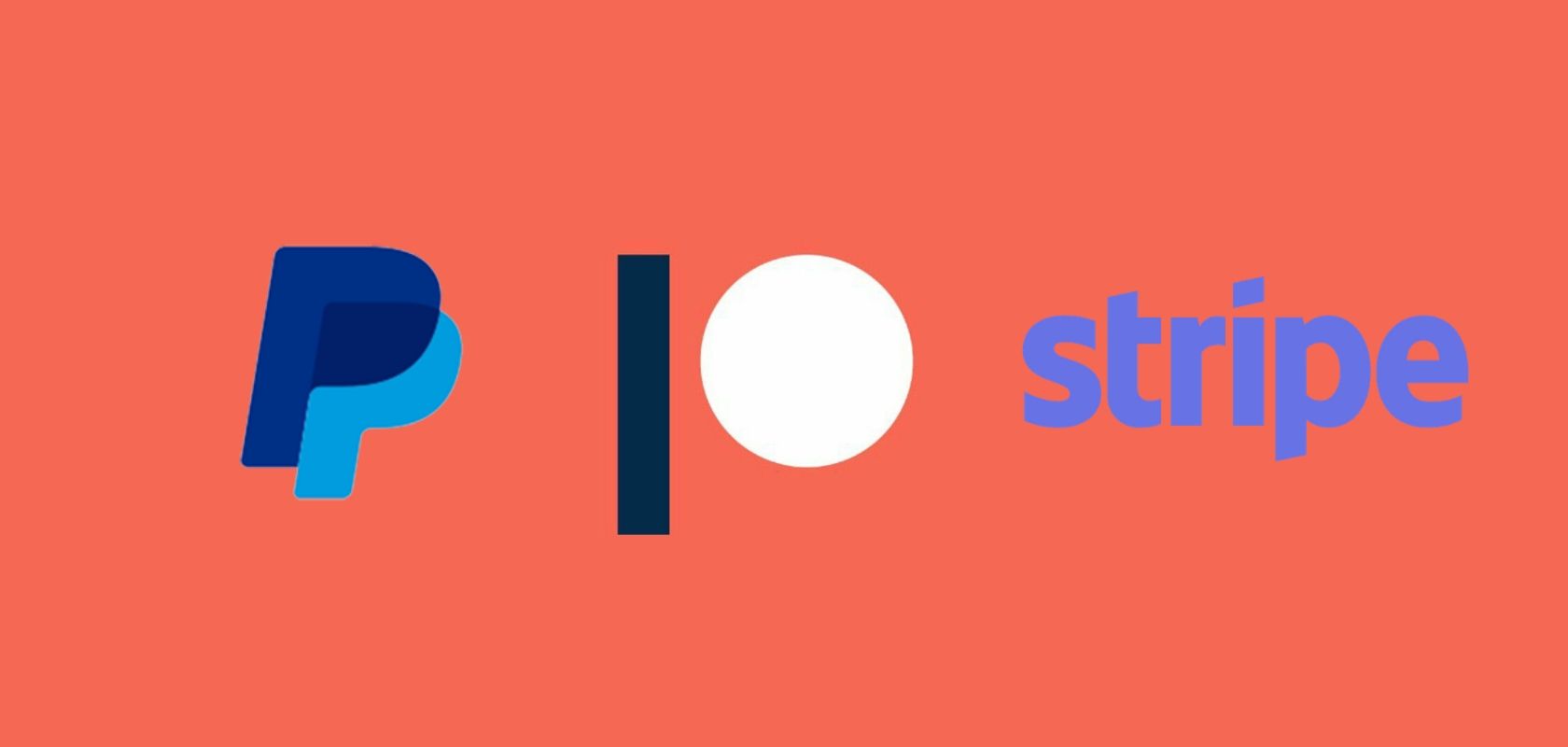Over the last few years, we’ve watched creators get banned from platforms like Patreon, Twitter, YouTube, Facebook, and others.
Platforms that, above all else, have little competition.
As such, getting banned from them usually means you no longer have access to that mode of interaction with people that you may have spent months or years building.
In Patreon’s case, this could mean your entire livelihood.
The traditional stance is that private companies are not compelled to uphold people’s rights of free speech or otherwise.
However, California’s recently passed legislation of SB-707 could change that.
The argument is that, when a platform like Patreon bans a creator, they are disrupting “the economic relationship between Creator and Backer,” which is legally considered “tortious interference with a business relationship,” suggests lawyer Mike Cernovich, (who is perhaps most notable for filing the lawsuit that unsealed documents in Jeffrey Epstein’s sex-trafficking case, resulting in Epstein being taken into custody).
Patreon can still ban whomever they want, of course, but Backers can dispute Patreon’s decision and have it be sent to arbitration, since they can no longer support their Creators and potentially lose the unique content that their Creators produce with the support of Backers.
What this means for Patreon, among other things, is that they have to pay the arbitration fees in advance, which can be more than $10,000 per case.
The total can stack up pretty high depending on the number of Backers disputing the banning of a particular Creator.
In other words: Patreon would be looking at paying millions of dollars in advance in filing fees alone.
Of course, there are also legal fees involved.
On February 10th, a federal judge ordered food-delivery service DoorDash to pay $9.5 million in their share of arbitration fees for over 5,000 delivery drivers’ demands.
U.S. District Judge William Alsup is quoted saying “You’re going to pay that money. You don’t want to pay millions of dollars, but that’s what you bargained to do and you’re going to do it.”
Amusingly, Patreon has updated their Terms of Service on January 3rd in response to the legislation: “You may not bring a claim against us for suspending or terminating another person’s account, and you agree you will not bring such a claim. If you try to bring such a claim, you are responsible for the damages caused, including attorneys fees and costs.”
This update isn’t likely to have much of an effect, Cernovich argues, and especially not for users that have signed up for the service before the update.
He also argues that “this provision is unlawful and unenforceable, because Patreon demands all users abide by JAMS Streamlined Arbitration Rules and Procedures:’
If a dispute does arise out of these terms or related to your use of Patreon, and it cannot be resolved after you talk with us, then it must be resolved by arbitration. This arbitration must be administered by JAMS under the JAMS Streamlined Arbitration Rules and Procedures, except as expressly provided below. Judgment on the arbitration entered in any court with jurisdiction. Arbitrations may only take place on an individual basis. No class arbitrations or other other grouping of parties is allowed. By agreeing to these terms you are waiving your right to trial by jury or to participate in a class action or representative proceeding; we are also waiving these rights.
Under California law, consumers cannot be forced to pay costs and fees under a mandatory arbitration clause. In other words, Cernovich says, if Patreon bans a Creator, and the Backers want to file an arbitration claim, Patreon would have to be millions of dollars of fees.
As one law firm specialization in arbitration law notes:
SB 707 applies to employment or consumer arbitration agreements and requires that the drafting party pay any fees and costs that might be due before the arbitration can proceed within 30 days after the due date. The failure by the drafting party to pay will mean that the drafting party is in material breach of the arbitration agreement, is in default of the arbitration and will waive its right to compel arbitration
There is no exception to this law, Cernovich continued, and Patreon cannot draft its way out of California law with a Terms of Service update. Again, California law provides:
With respect to the cost of the arbitration, when a consumer initiates arbitration against the company, the only fee required to be paid by the consumer is $250, which is approximately equivalent to current Court filing fees. All other costs must be borne by the company, including any remaining JAMS Case Management Fee and all professional fees for the arbitrator’s services. When the company is the claiming party initiating an arbitration against the consumer, the company will be required to pay all costs associated with the arbitration.
What’s perhaps more interesting is that this also applies to PayPal, Venmo, CashApp and any other payment gateway.










